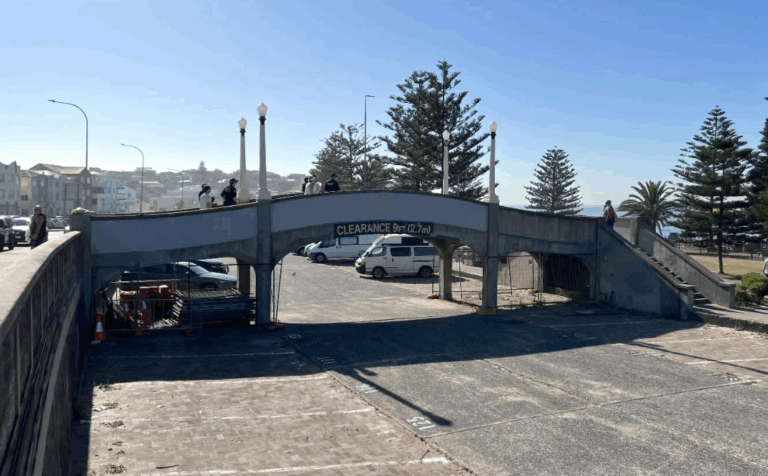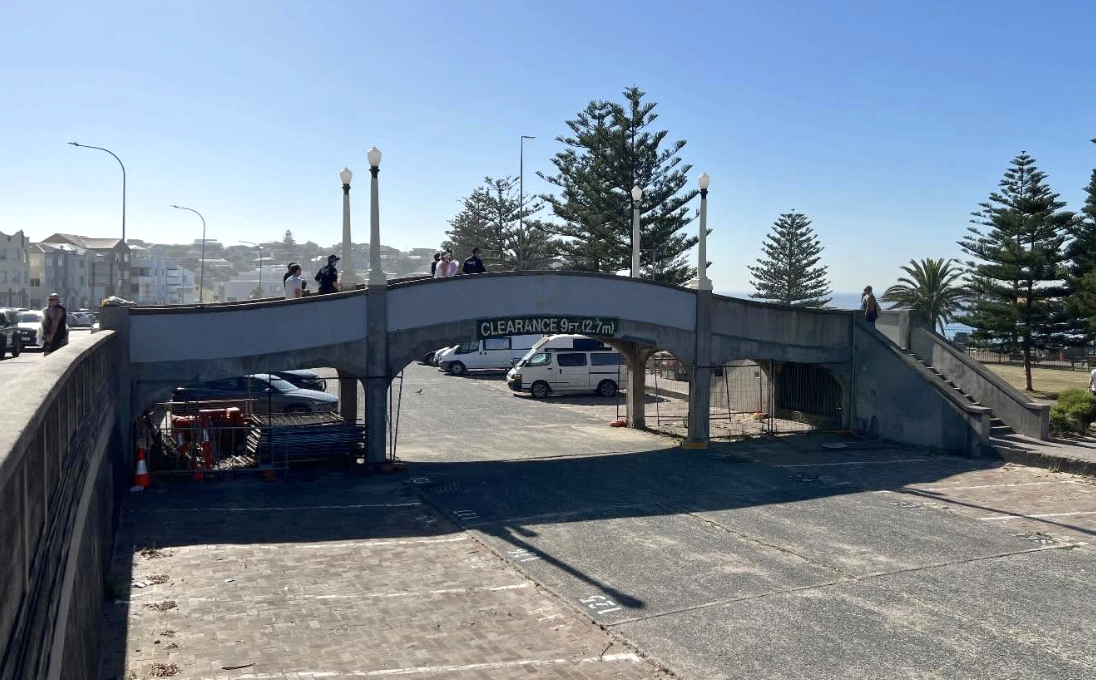

By JUSTIN COOPER
Hundreds of community pharmacists have gathered in Sydney to protest the 60-Day Dispensing policy, ahead of its implementation next month.
Announced a part of the Albanese Government’s budget plans, it will allow customers to receive two months’ worth of prescribed medication at one time.
Whilst aiming to make regularly prescribed medications cheaper, pharmacists are fearing increased medication shortages and over 20,000 jobs expected to be lost due to the scheme’s introduction.
On Thursday, customers, student interns and business owners rallied alongside pharmacists at Sydney’s Town Hall requesting the government to “pause and consult” plans.

Pharmacies call out the scheme
The rally was organised by the Community and Pharmacist Support Group (CAPS), with speakers highlighting their ‘Truth Campaign’ against the policy.
Speaking at the rally, Pharmacist Mat Miguel explained that pharmacies and their services “are already strained as it is” and will not be supported through 60DD.
Miguel pointed out the scheme will sustain medication shortages, noting the TGA has currently listed over 400 current and 90 expected shortages of medications.
“60-day dispensing in theory sounds great, but in reality handing out double the medication at one time, when we’re already struggling to keep up with a month’s supply, is going to be catastrophic,” said Miguel.

Pharmacist assistant and business owner, Courtney Hughes, spoke out the business perspective which will ultimately affect purchasing prices and service fees.
Noting the “daily issue” of pharmacies assisting customers that are unable to see doctors due to increased waiting times, Hughes says pharmacies will need to increase prices of products and services for businesses to operate.
“We will have to cut staffing due to the lack of funding… Patients will have to wait longer,” said Hughes.
“We will have to charge for things we never charged for, our prices will have to go up. People will not save more money, they will pay more money,” she continued.
Shadow Liberal Ministers also joined the rally, with Deputy Leader Sussan Ley calling for the Labor Government to consider pharmacist opinions.

Discussing her attendance at the rally in support of the group, Ley said, “I don’t really think this should be about politics, this is just about a terrible decision that needs to be reversed.”
Changes expected in response
Coinciding with the protest, a report conducted by Commonwealth Bank and the University of Technology Sydney recorded many pharmacies are considering drastic changes ahead of the plan.
The Commbank Pharmacy Insights Report 2023 noted 73% of pharmacies are considering charges to services which are typically free. Customers would be expected to pay for services including blood pressure checks, wound dressing, baby weighing and medication deliveries.
Additionally, a majority of recorded pharmacies are looking to reduce the number of assistants within businesses, and are expecting the value of their pharmacy to decline.
In response to the report, Pharmacy Guild of Australia National President Professor Trent Twomey says, “The Prime Minister and the Health Minister can no longer ignore the concerns of 6,000 community pharmacies and the many unintended consequences of 60-day dispensing.”
“All pharmacists want cheaper medicine for their patients and we are ready, willing and able to sit down with the Government and make sensible adjustments to the policy so patients, aged care residents and pharmacists aren’t negatively impacted,” Twomey continued.
Pain Australia and Better Access Australia have also supported the Pharmacy Guild requesting renegotiations with the government, with concerns for rural communities potentially loosing accessible pharmaceutical options.
The Pharmacy Guild and Pharmacist lobby groups have continued to petitioned against the changes, which has now reached over 148,000 signatures (at the time of publication).
The scheme is expected to begin September 1, with CAPS and lobby groups planning to continue protesting in the weeks following its introduction.









